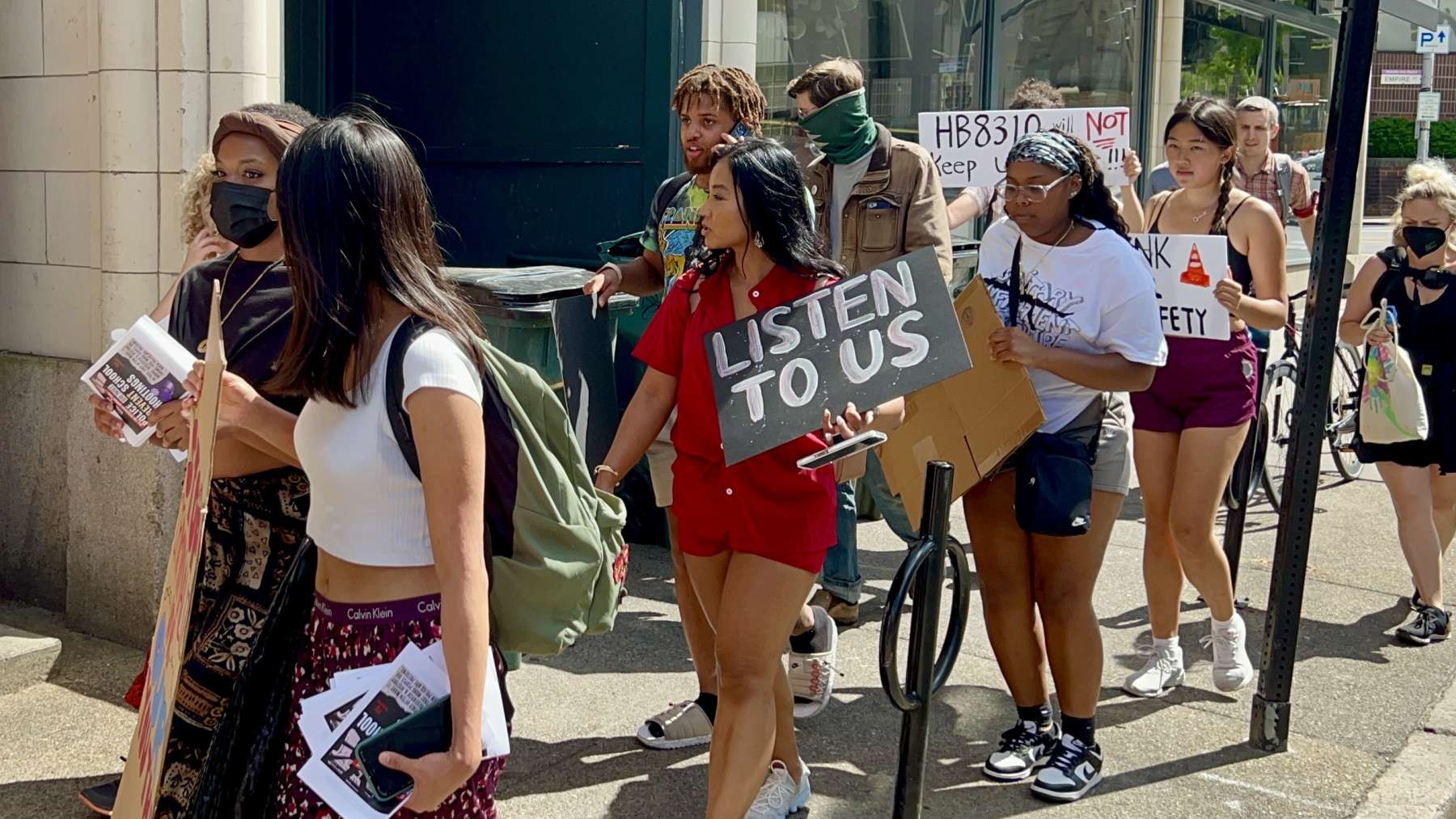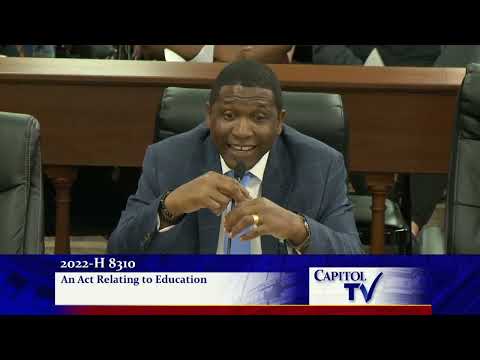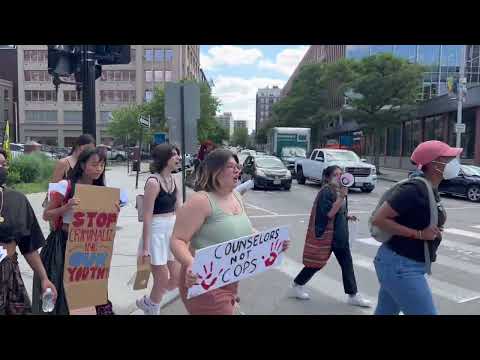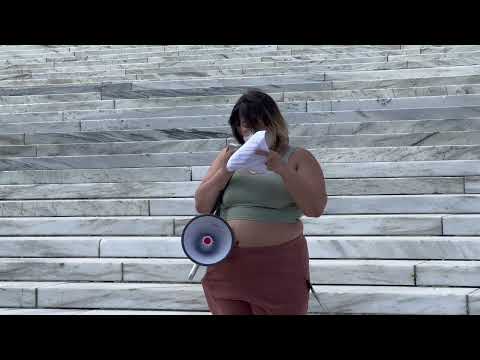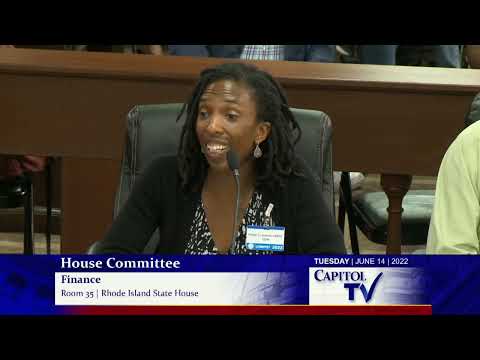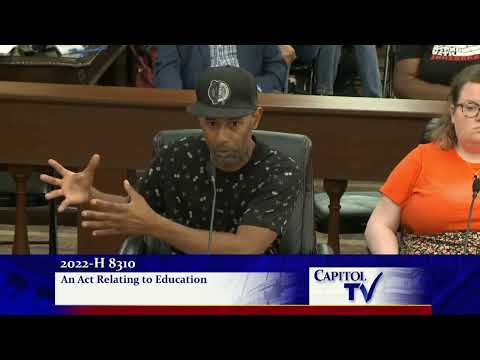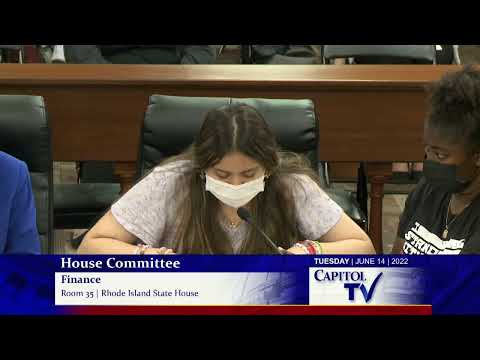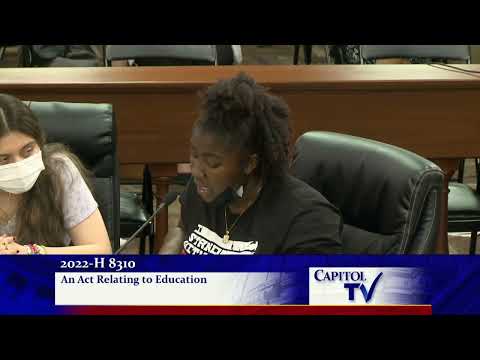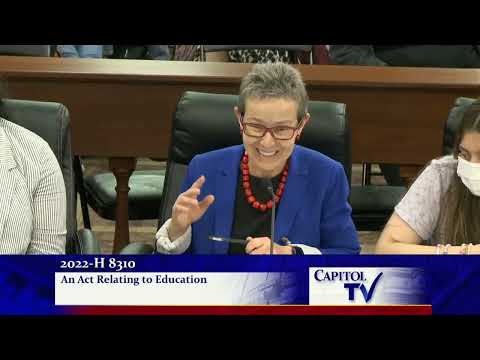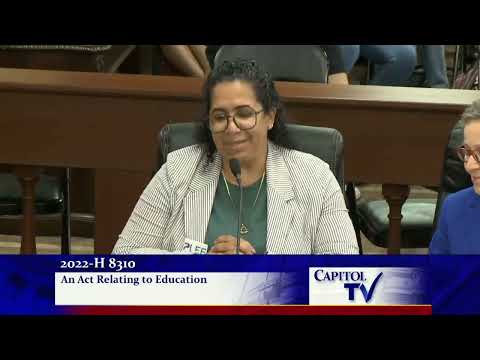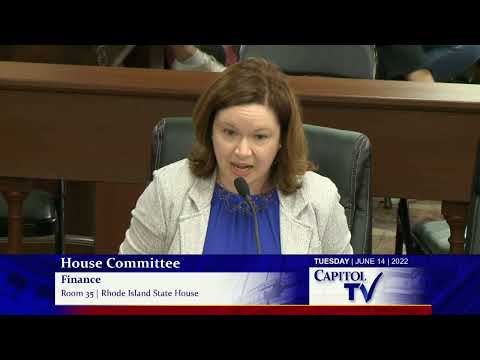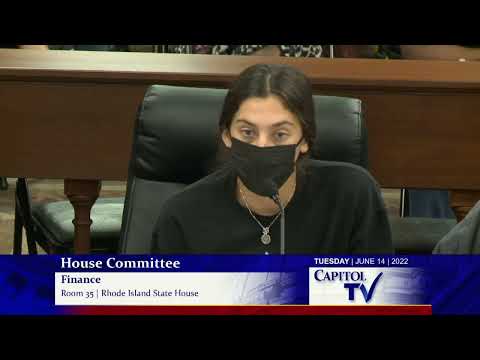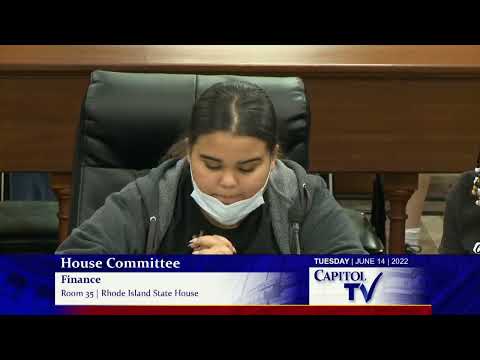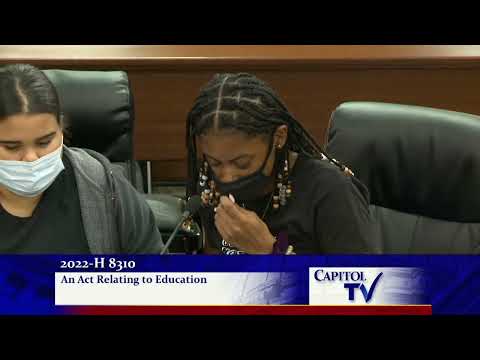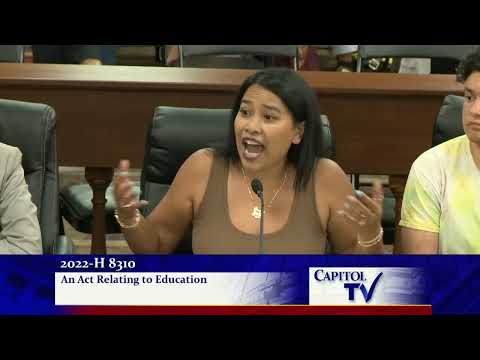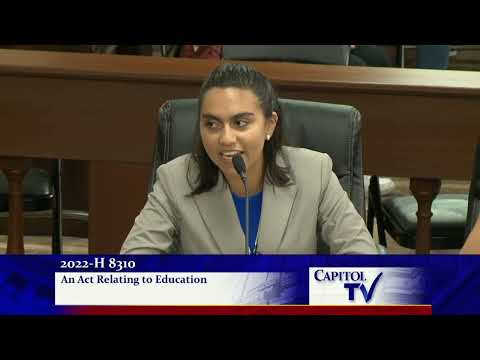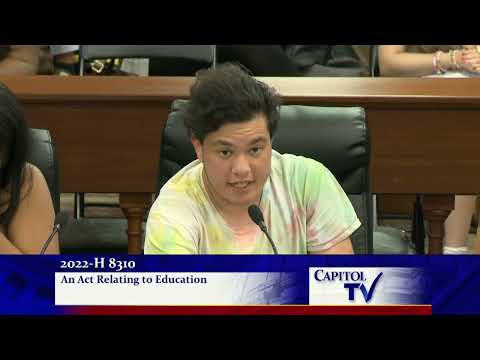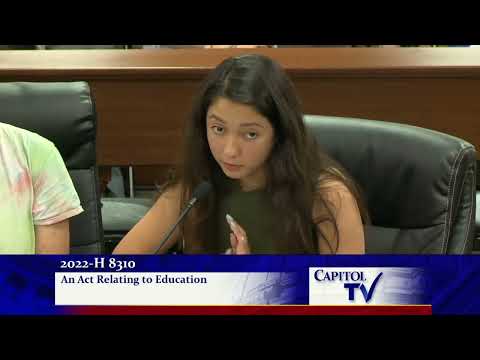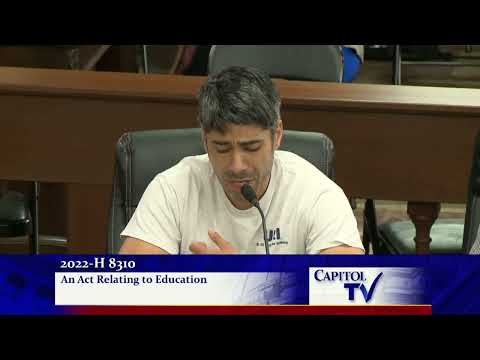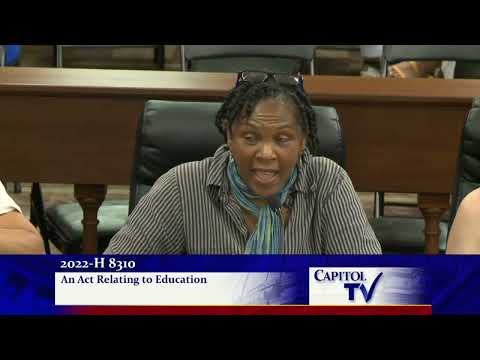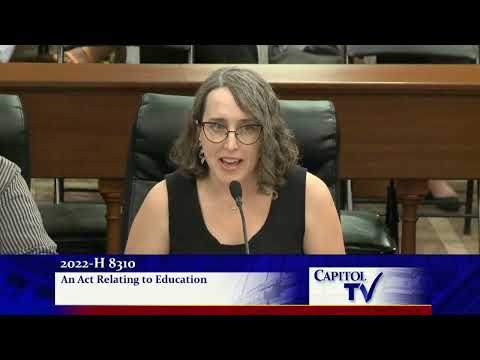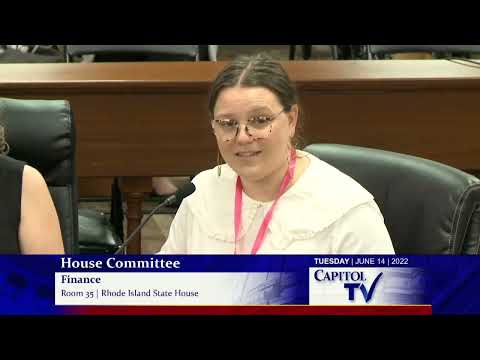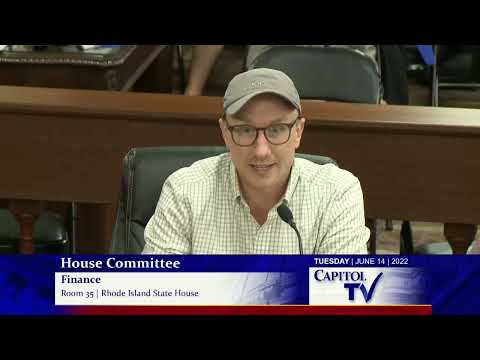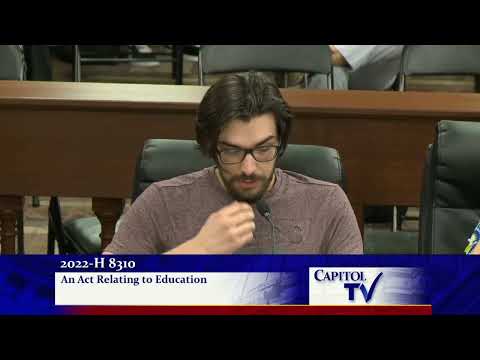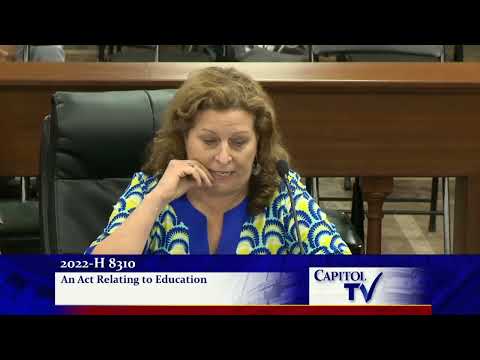Educators, advocates and students say ‘No’ to SROs in and out of House Finance hearing
“We know that SROs can serve many functions in schools, including enforcement and discipline,” said Clausius-Parks from RI Kids Count. “We also know that student arrests and juvenile detention increases a student’s likelihood of future arrests, decrease their likelihood of completing high school and may result in long lasting consequences including restricted eligibility for federal grants, student loans and barriers to college enrollment and future employment.”
June 16, 2022, 12:15 pm
By Steve Ahlquist
On Tuesday, as the State Senate debated and passed a series of gun control measures in response to recent high-profile mass shootings, the House Finance Committee debated the merits of paying for a proposed program that would place two School Resource Officers (SROs) in every Rhode Island school. The bill, H8310, from Representative Nathan Biah (Democrat, District 3, Providence), “would require school districts and municipalities to have in place two school resource officers within the confines of every public school on or after July 1, 2022.”
Representative Biah, a Providence high school principal in his day job, presented the bill as being about school safety, particularly in the wake of several high profile school shootings such as the one in Uvalde. Though Representative Biah referenced the need for social workers and mental health counselors in schools, his bill was about police.
Noting some of the issues with SROs, Representative Bias said, “Sometimes we, as administrators… put school resource officers in a difficult situation in schools. School resource officers are not disciplinary in schools. They are not supposed to discipline any kid in school. Not at all… if they’re going to be in the building, they build relationships with kids. That’s the role of a school resource officer, not to get in there and start arresting kids.”
There are seeming contradictions in Representative Biah’s bill. On the one hand, the bill mandates centralized training for all SROs, a program that will take time to build and accredit. On the other hand, the bill mandates two SROs in every school after July 1, 2022, a mere two weeks from now.
“Is this the best solution? I don’t know,” admitted Representative Biah, receiving an exasperated reaction from those in the room. “But one thing I can tell you is that it’s a step in the right direction. Because right now we have nothing to protect our students. Nothing at all.”
Two hours before the hearing began, two dozen students gathered outside the offices of the Providence Student Union as part of a march to the State House in opposition to Representative Blah’s bill. Emma, a student at Classical High School, emceed the event and led the march.
“Counselors Not Cops is a program that has been going on since before I was in high school, since before I was in the Student Union,” said Emma. “It will probably be going on after I graduate.”
Emma outlined the Providence Student Union demands:
- Remove all School Resource Officers from Providence schools;
- Prevent armed officers and other law enforcement officers from being stationed in schools; and,
- use funding currently allocated for SROs to support the hiring of new health and safety staff.
The march to the State House:
Emma:
High School student Nico:
Twenty people, including educators, legal experts, advocates and students, spoke out against the bill. Nobody testified in favor. There was also written testimony, from dozens of people, opposed to the legislation.
Paige Clausius-Parks from RI Kids Count shared national data showing that the presence of law enforcement officers in schools:
- worsen school climates;
- increases disciplinary action; and
- disproportionately impacts the academic incomes of students of color.
“We know that SROs can serve many functions in schools, including enforcement and discipline,” said Clausius-Parks from RI Kids Count. “We also know that student arrests and juvenile detention increases a student’s likelihood of future arrests, decrease their likelihood of completing high school and may result in long lasting consequences including restricted eligibility for federal grants, student loans and barriers to college enrollment and future employment.”
Here is the rest of the testimony:
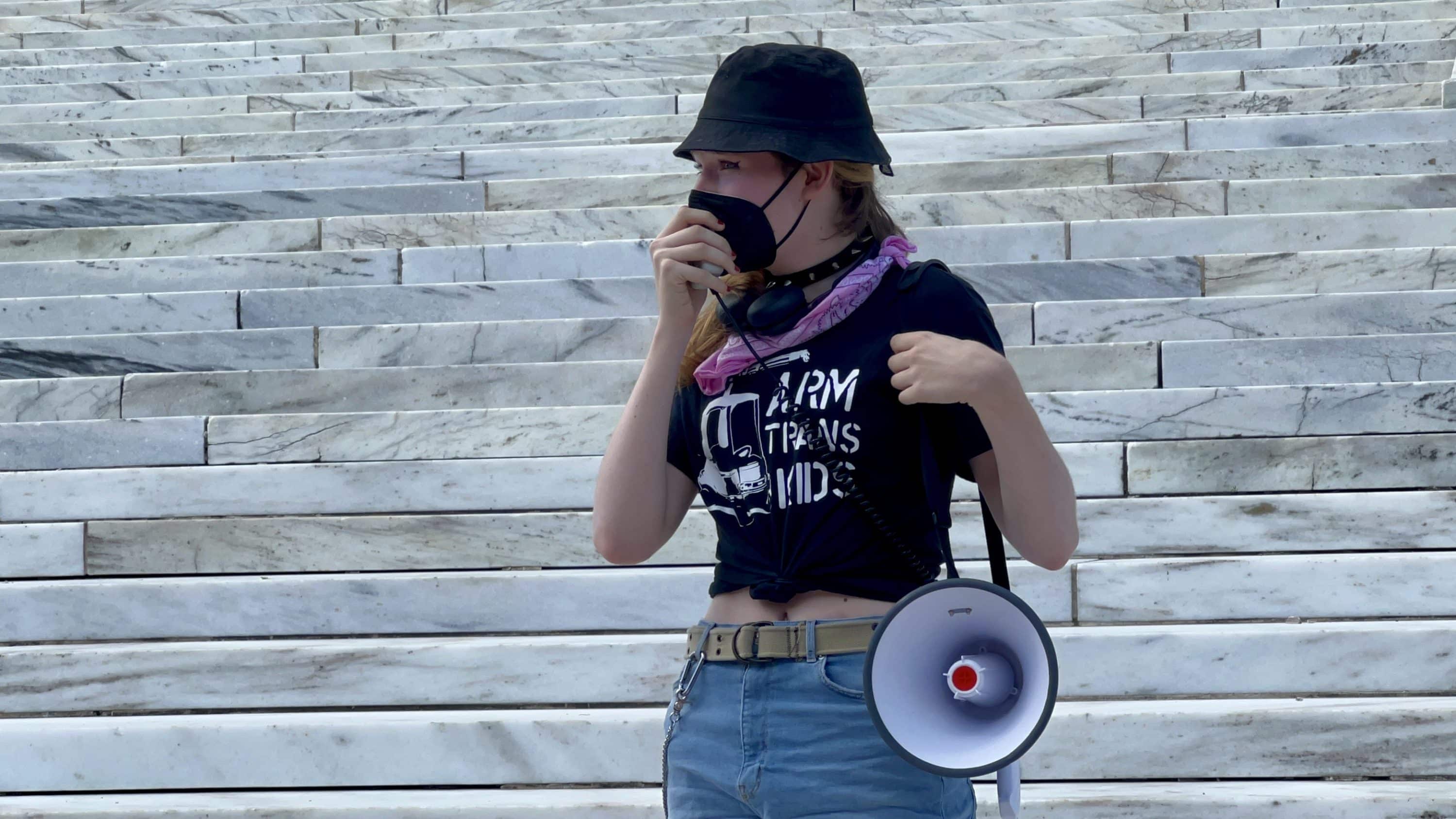
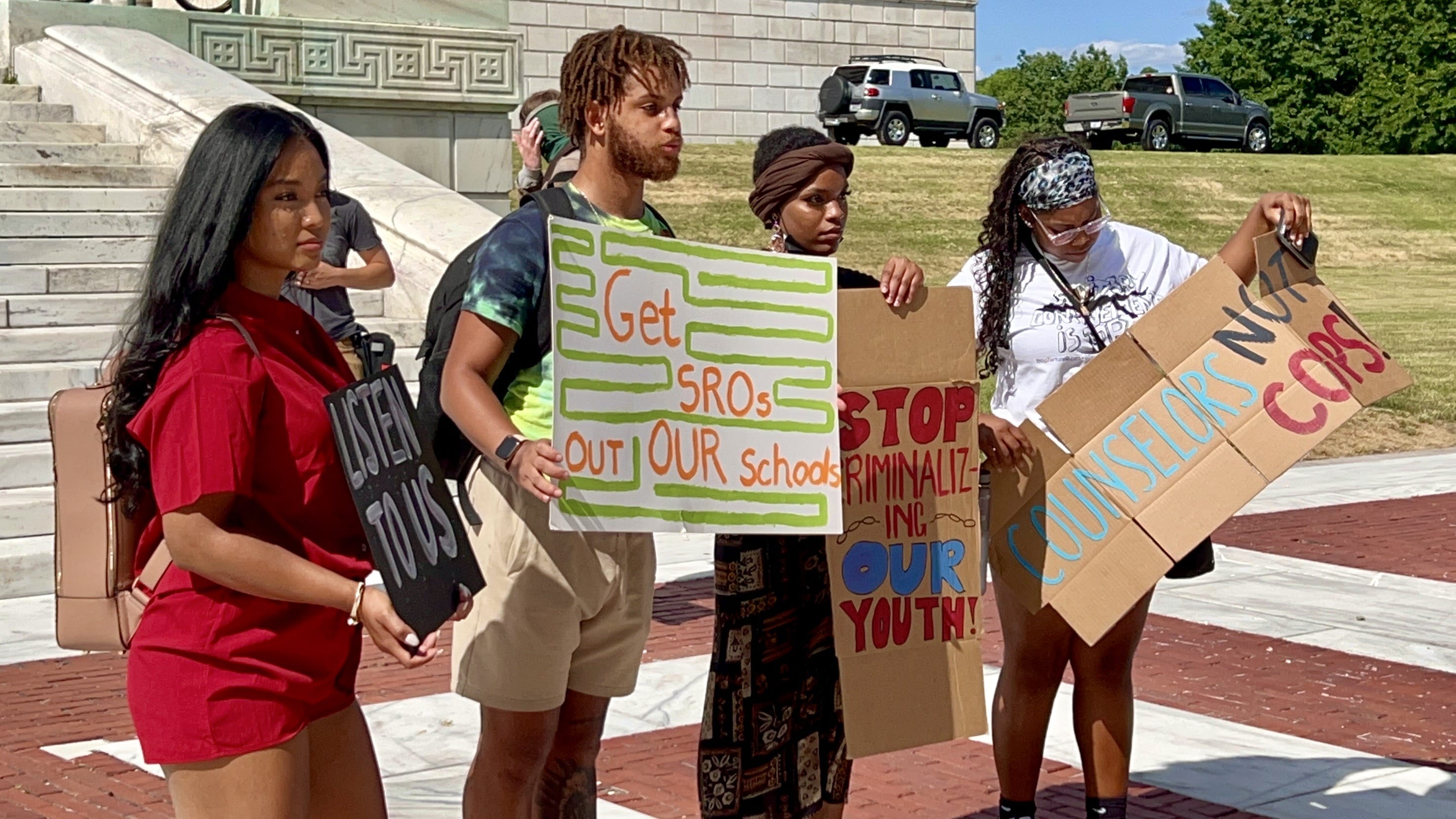
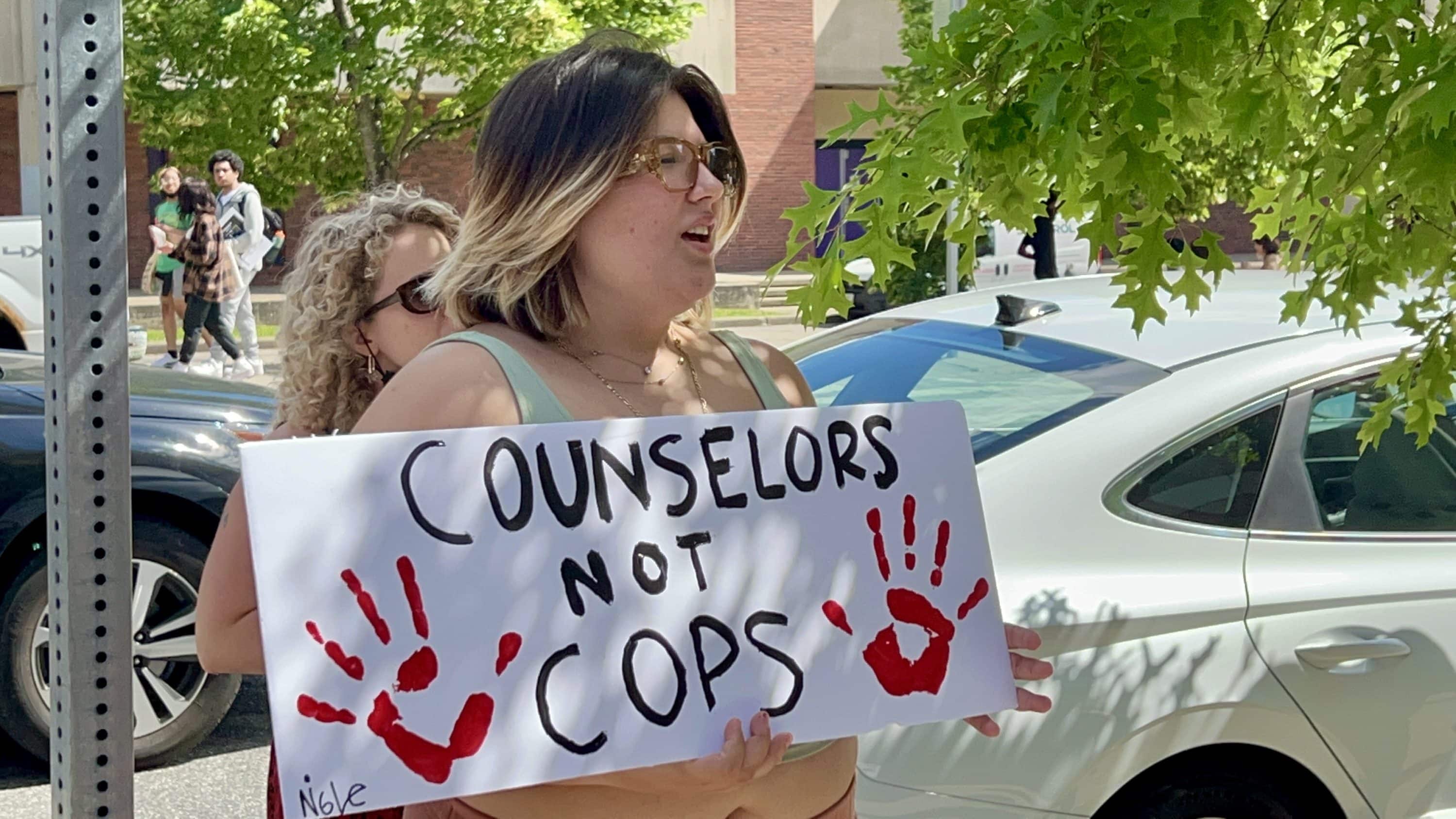
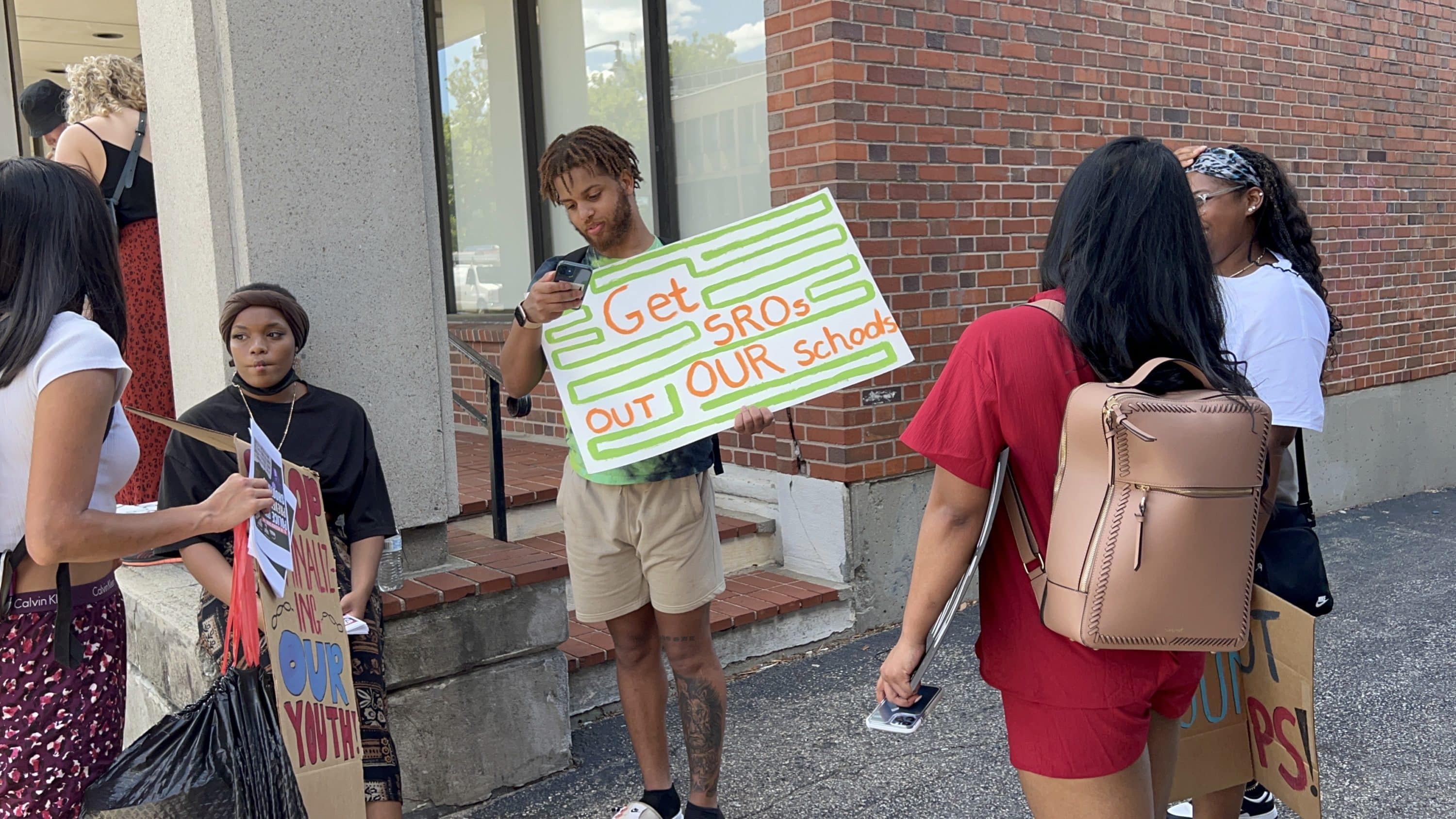
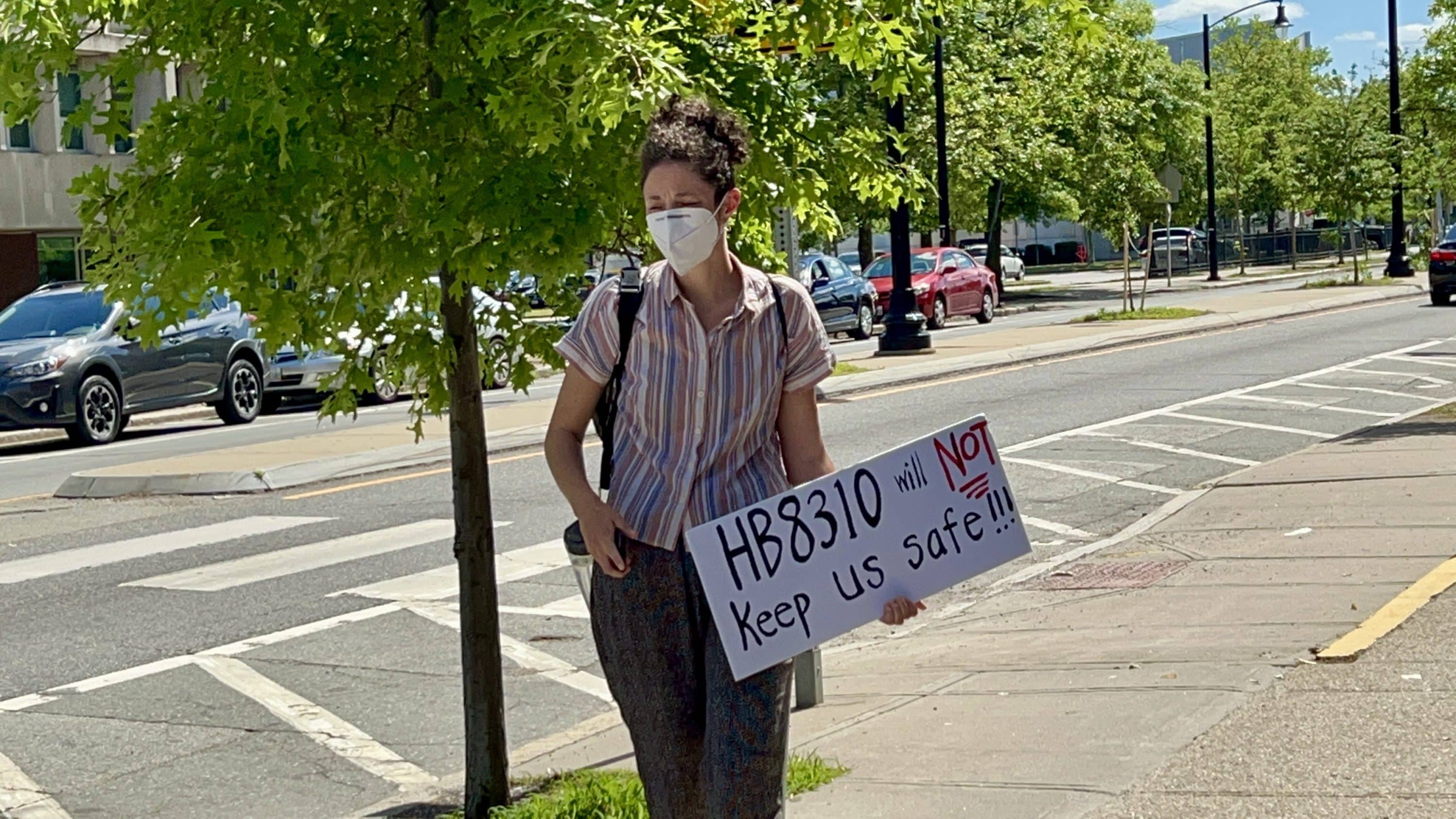
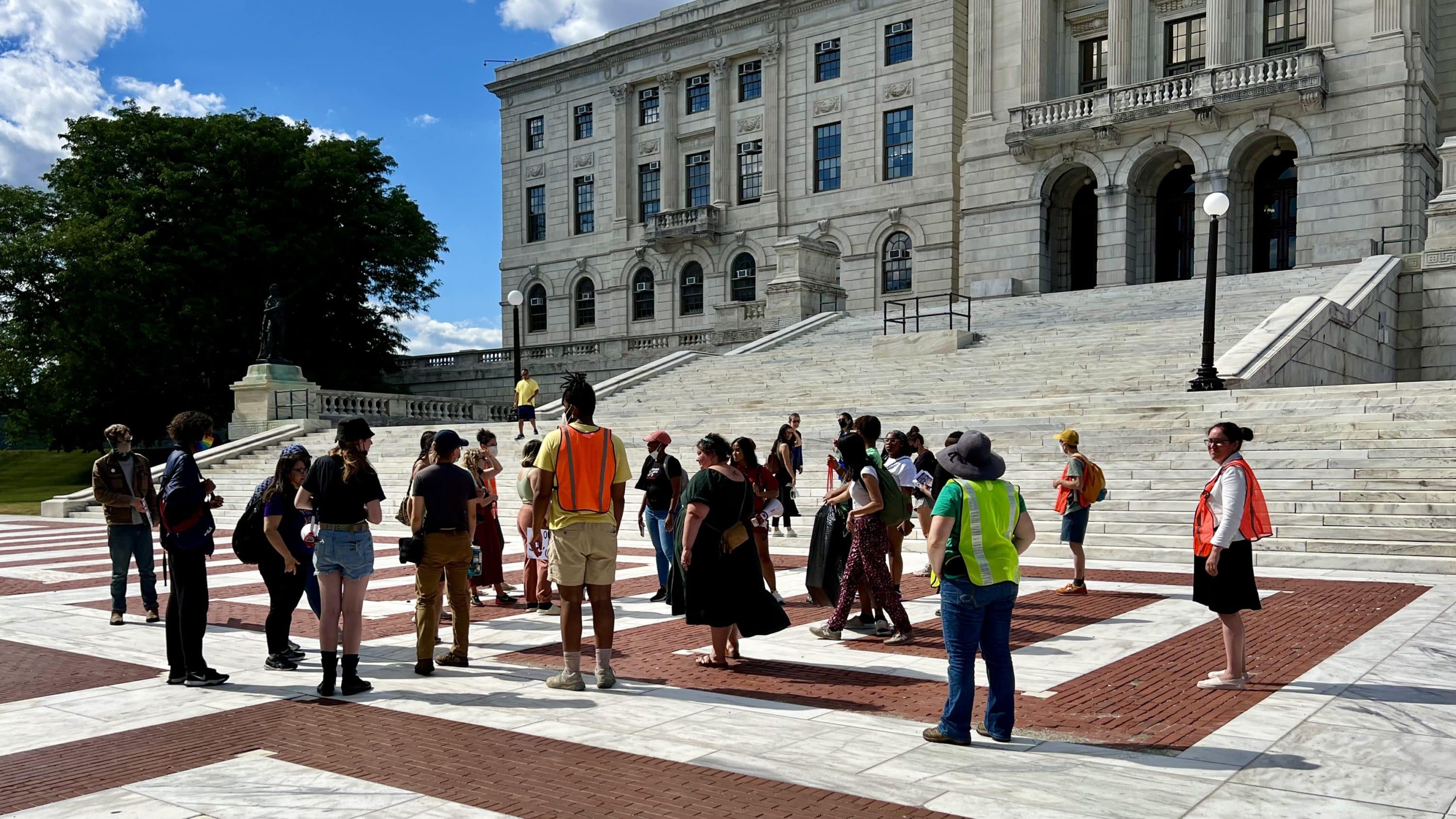
Written testimony:



